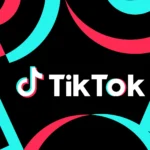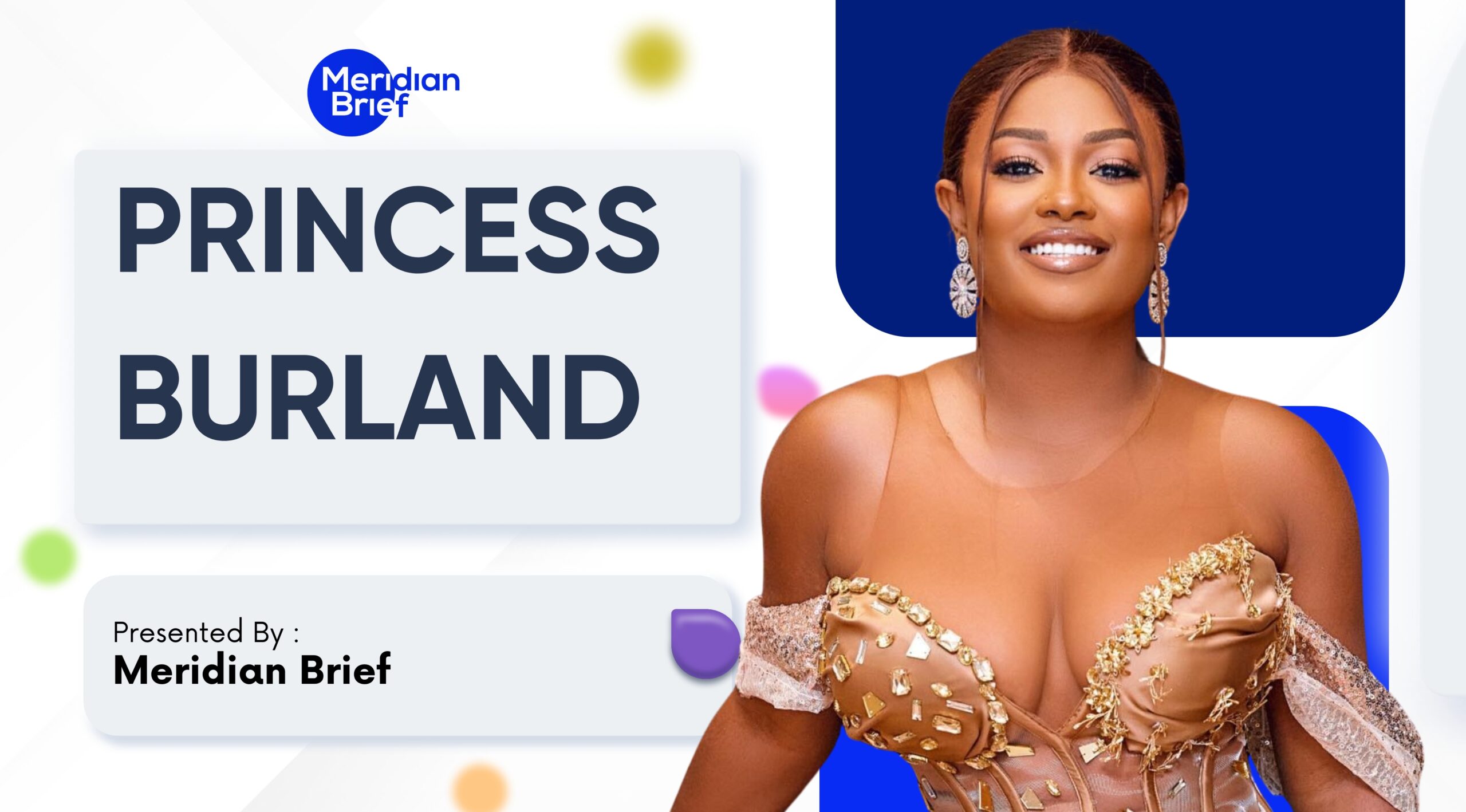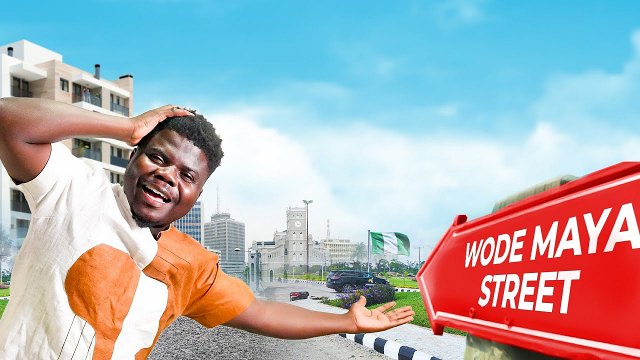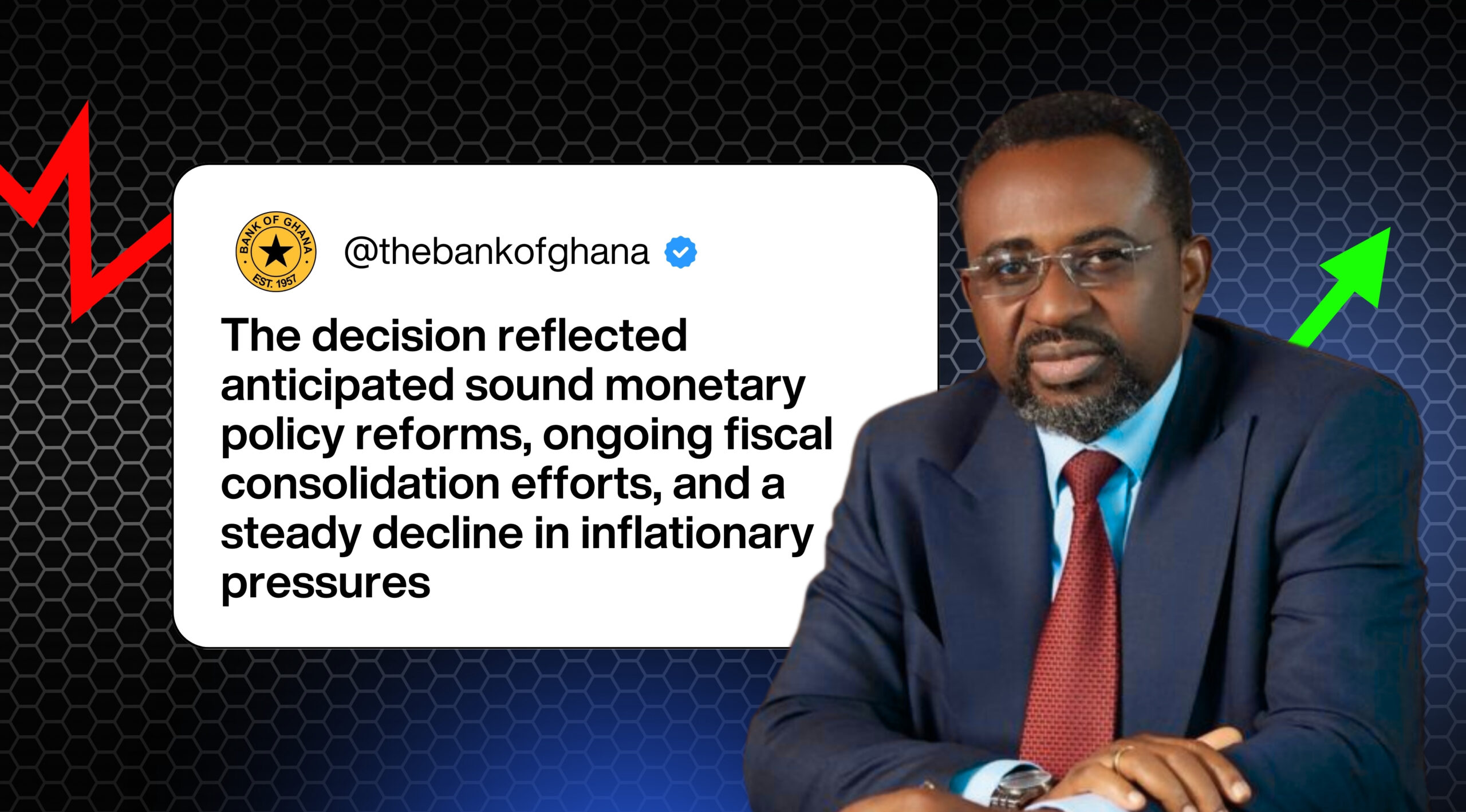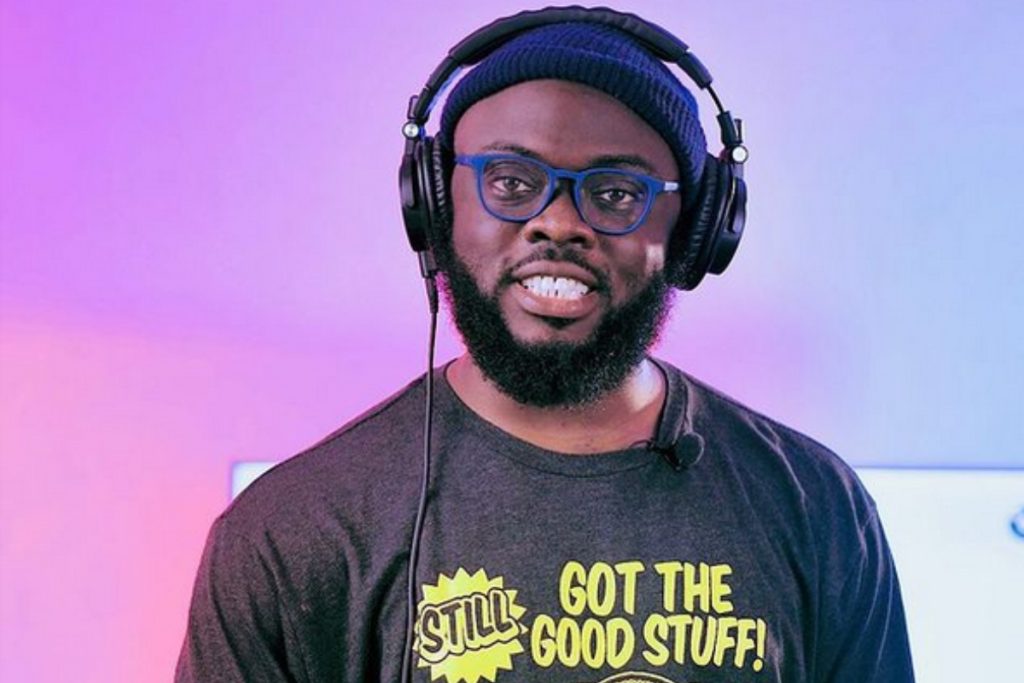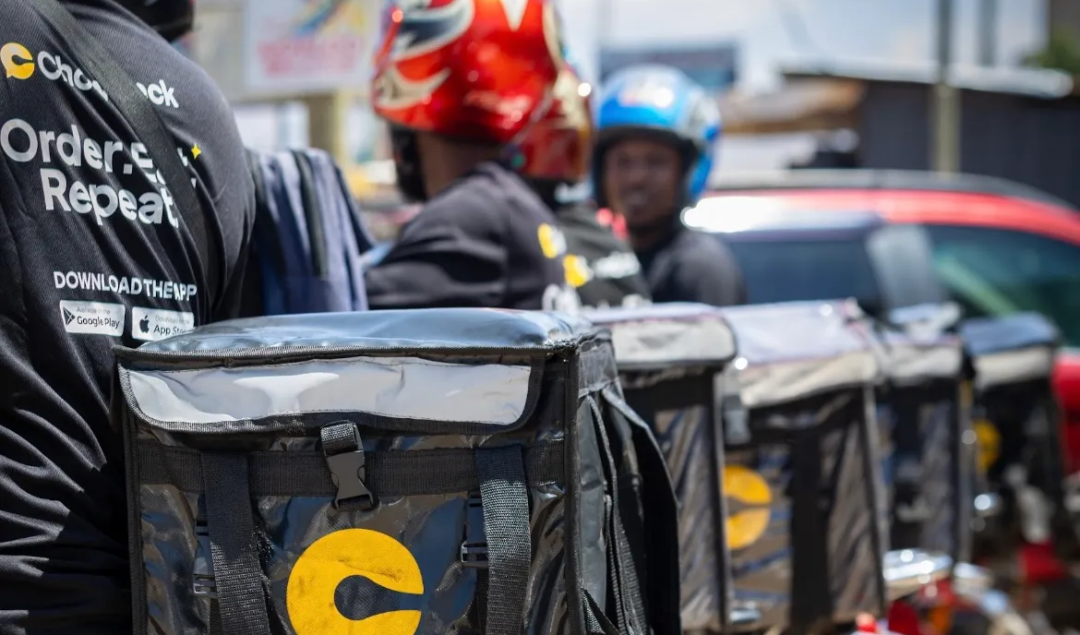This boom is not only giving rise to new voices and genres, but also nudging traditional radio and media to adapt, while creating fresh opportunities for monetization.
Ghana’s Podcast Boom: How On‑Demand Audio Is Transforming Media Consumption
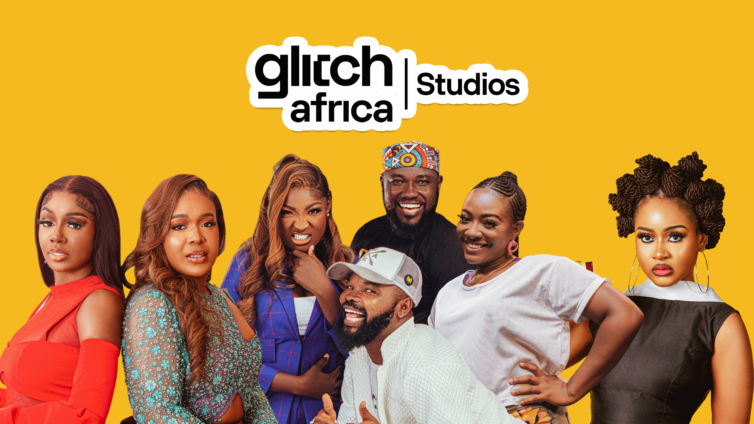
Not long ago, the word “podcast” barely registered in Ghana’s media lexicon. Today, podcasts are springing up in Accra and beyond like waakye joints on a Saturday morning – and listeners are gobbling them up. Ghana is in the midst of a podcast boom, with on-demand audio reshaping how Ghanaians get news, entertainment, and stories. From urban millennials tuning into culture shows during their commute, to diaspora listeners downloading Ghanaian talk shows from abroad, podcasting is becoming a vibrant part of the media diet. This boom is not only giving rise to new voices and genres, but also nudging traditional radio and media to adapt, while creating fresh opportunities for monetization.
From Niche to Mainstream: Podcasts on the Rise
In the past few years, Ghana’s podcast scene has gone from near-zero to thriving. Between 2022 and 2024, podcast listenership in Ghana on Spotify jumped by 85%, a staggering growth rate that underscores surging demand. Industry observers note that roughly 100 Ghanaian podcasts have been launched so far – covering everything from politics and sports to comedy, self-help, and storytelling. While 100 may sound modest, it’s a huge leap from virtually none a decade ago. Greater internet access, affordable smartphones, and an appetite for on-demand content have fueled this rise. Essentially, podcasts hit a sweet spot: people can listen “anytime, anywhere”, whether stuck in traffic in Accra or chilling at home in Tamale.
What’s remarkable is the diversity of podcast content now coming out of Ghana. This isn’t a one-genre phenomenon. Popular shows span a wide range of interests and languages, reflecting Ghana’s dynamic culture. There’s “Sincerely Accra,” a fast-paced, bilingual show mixing English and Twi that dishes on urban life in Accra – from dating stories to pop culture gossip. It’s helmed by young creatives and often features street-style vox pops, making it the podcast for Accra’s trendy crowd. In contrast, “Konnected Minds” takes a motivational angle, with host Derrick Abaitey serving up personal development tips and mindset hacks every Friday. For nightlife enthusiasts, “BlacVolta Nightlife Podcast” keeps listeners updated on the hottest clubs and events in Accra and Kumasi. There’s even “Akadi Magazine Podcast,” celebrating Ghanaian culture and arts, and “After The Whistle,” a sports talk show under the Gold Coast Report network that breaks down football news for fans.
This burst of content means Ghanaians can find an on-demand audio show tailored to their interests – something traditional radio’s one-size-fits-all programming couldn’t always provide. Young professionals might catch a news recap or business podcast on their phone in the morning, while university students laugh along to comedy podcasts like “Stay By Plan” (a candid chat podcast about life as young Ghanaians). Even niche communities are served: tech enthusiasts follow shows like “PodTakes” or local tech discussions, and the queer community has the likes of “Afro Queer” highlighting LGBT African stories. For virtually every interest, there’s now a Ghanaian podcast or two – and if not, someone is probably inspired to start one next week.
Critically, audiences are responding with enthusiasm. Exact listenership figures can be hard to come by (more on that later), but all signs point to a growing base of regular podcast listeners, especially among younger, educated, and urban Ghanaians. One clear indicator: global platforms are noticing Ghana. Spotify, which expanded podcast support in Africa, reported Ghana as one of its high-growth markets for podcasts. Meanwhile, local podcast networks like Gold Coast Report have sprung up, hosting multiple shows and cultivating communities of listeners. Social media is abuzz with podcast chatter – it’s now common to see tweets like “Did you catch the latest episode of XYZ?” or Instagram stories sharing favorite pods. This word-of-mouth is crucial in driving more people to discover podcasts, creating a virtuous cycle of growth.
Changing the Way Ghanaians Consume Media
The podcast boom is subtly but surely transforming media consumption habits in Ghana. Radio remains king (about 56% listen daily), but on-demand audio is carving its own niche by offering something radio cannot: flexibility and depth. Unlike live radio, which you tune into at a set time, podcasts let listeners choose the content they want, when they want it. As one Accra listener put it, “I no longer worry if I miss my favorite morning show – I’ll just catch the podcast version later.” This on-demand mindset is particularly appealing to busy urbanites and diaspora Ghanaians in different time zones.
Traditional broadcasters have taken note. Major radio stations and media houses are repurposing content into podcast form to cater to shifting preferences. Joy FM, for example, makes its flagship news analysis show “News File” available as a podcast, ensuring audiences can replay it at their convenience (a boon for diaspora followers of Ghana news). Citi FM has done the same with some of its talk programs. Multimedia Group (Joy FM’s parent) reports that a huge portion of its audience now comes via online streaming and podcast platforms, especially from Ghanaians abroad. “We’ve made ourselves available on all the Apple Podcasts and Spotify platforms… on all the platforms – Sonos, Alexa, all of it,” said one executive, highlighting that they push content to every channel their audience might use. This is a remarkable pivot – essentially, radio stations are becoming audio content producers that distribute on FM as well as on the internet after the fact.
For listeners, this means greater control and variety. A farmer in the Volta Region who might miss a live radio discussion in English can later find an Ewe-language podcast on local community issues. A student who can’t afford constant internet streaming for radio can download podcast episodes when on Wi-Fi and listen offline. And for the tech-savvy youth, podcasts are even replacing some TV or reading time. Instead of sitting through a one-hour TV newscast, they might prefer a 20-minute podcast that recaps the week’s news with commentary. In a way, podcasts are complementing and even enhancing Ghana’s talk radio culture – the penchant for discussions, interviews, and storytelling – but delivering it in a form that fits modern lifestyles.
Podcasts are also reshaping content expectations. The storytelling style tends to be more relaxed or in-depth than traditional media. Many Ghanaian podcasts adopt a conversational tone – hosts speak in a mix of English and local languages, use slang, crack jokes, and engage with listeners as peers. This intimacy builds a loyal audience. It’s not unusual for fans to refer to podcast hosts by first name and feel a personal connection, almost like friends. Such engagement is harder to achieve in mass broadcast radio. Additionally, because podcasts aren’t bound by strict time slots, they can deep-dive into topics. For instance, a radio sports segment might give 10 minutes to analyze a Black Stars match, but a sports podcast can spend a full hour dissecting strategy, with time for fan rants and laughter. This richer content is attracting enthusiasts who crave more than surface-level coverage.
The ripple effect on traditional media is significant. Radio stations are now promoting their podcasts during live shows (“If you missed any portion, find our podcast on XYZ”). Some are creating original podcasts separate from their FM lineup, to experiment with new formats. Media firms are effectively embracing a hybrid model – live broadcast plus on-demand. This is a shift in mindset: instead of one-and-done live content, content now has a long tail of listens. Even newspapers have joined in – journalists from Daily Graphic or Citi News write articles that later become discussions on podcasts or Twitter Spaces, blending media formats.
Crucially, podcasting is amplifying voices that might not have been heard on traditional platforms. Women, for example, are fronting more podcasts – such as “The Other Room,” a women-focused roundtable – filling a gap in female perspectives that commercial radio sometimes overlooked. Youth from various regions can start a podcast without needing a radio license or capital, giving rise to more regional and local dialect content outside the big cities. This democratization of media production is healthy for Ghana’s discourse. As one media scholar noted, the proliferation of local-language stations (and by extension podcasts) “help make news and public discourse accessible to rural and uneducated citizens”. Podcasts, often free and shareable, extend this accessibility.
Major Players and Hit Shows
So who are the driving forces behind Ghana’s podcast surge? It’s a mix of independent creators, media networks, and savvy entrepreneurs. At the forefront are passionate individuals who saw a void in the media landscape and jumped in. Joseph Nti and Kwame Asante of Sincerely Accra are great examples – young creatives who turned their love for Accra’s vibrant lifestyle into a chart-topping podcast that’s been featured in international lists of top African podcasts. Their success (the show even secured a Spotify podcast fund grant) has inspired others to start podcasts as a creative outlet and potential career.
There are also podcast networks emerging, like Gold Coast Report (GCR). GCR acts as an umbrella for shows like Sincerely Accra, The Other Room, After The Whistle, and more. By sharing production resources, marketing and distribution, these networks help new podcasts find an audience faster. They essentially play the role that big radio conglomerates play for FM, but in the grassroots podcast space. Gold Coast Report’s founders recognized early that “teamwork makes the dream work” in podcasting – their network model means listeners who enjoy one GCR show are introduced to others under the brand, lifting all boats. Another network, though smaller, is the Echohouse-owned Kuulpeeps (originally a campus news platform that now hosts youth podcasts and web shows).
And beyond content creators, the audience itself is a “player.” Ghana’s podcast listeners have formed communities on social media, often engaging directly with hosts. It’s common for listeners to send feedback, suggest topics, or even appear as guests if they have expertise. This interactive ecosystem differs from traditional media’s one-way broadcast; it’s making media more participatory.
Monetization: Can Podcasts Pay the Bills?
With all this growth and engagement, one big question looms: Are podcasts making money in Ghana? The honest answer: it’s early days, and monetization is still a tough nut to crack. Unlike in the US or Europe where podcast ads and subscriptions are common, Ghana’s podcast monetization is largely experimental.
One reason is that advertisers in Ghana have been slow to embrace podcasts. Many local companies still see radio as the tried-and-true medium for audio advertising. “In Ghana, not many brands and companies are hip to podcasts and still prefer radio because that’s seen as more lucrative and widespread,” observes a Tech Nova report. Indeed, some marketing managers remain unconvinced that a podcast (with perhaps a few thousand listeners) can compare to a radio show with hundreds of thousands of listeners nationwide. This perception is gradually changing as podcast audiences grow and as brands seek to reach niche segments, but it’s a work in progress.
That said, a few forward-thinking brands have begun sponsoring podcast segments or episodes. For example, a fintech startup might sponsor a tech podcast, or a cosmetics brand might underwrite a women’s lifestyle podcast. These sponsorships are often modest – perhaps providing some freebies to give away on-air, or paying a token to mention the brand. It’s nowhere near radio’s advertising revenue yet. Statistically, Ghana’s audio advertising market is tiny (projected at about $0.6 million in 2025) but is seeing a “surge in local podcast sponsorships,” according to industry forecasts. This indicates that as listenership climbs, sponsors are starting to test the waters.
Another monetization route is inserting ads into the podcast audio. Podcasters can allocate 30-second slots at the beginning, middle, or end for ads – much like radio commercials. In the US, host-read ads (“This episode is brought to you by…”) are lucrative. In Ghana, this model is emerging slowly. Tech Nova notes that many podcasts offer such slots to advertisers, but the uptake has been limited so far. Part of the challenge is measurement – advertisers want to know how many people hear the ad. Podcasters currently have limited data (e.g., download counts, which might number in the low thousands for popular shows). As analytics improve and success stories emerge, more advertisers could jump on board.
One big boost came in late 2022 when Spotify launched a $100,000 Africa Podcast Fund, and Ghana’s Sincerely Accra was one of the beneficiaries. This injected resources directly into the podcast ecosystem. Sincerely Accra, for instance, could invest in better equipment and marketing, which helps attract more listeners and eventually sponsors. It’s a validation that these podcasts have commercial potential. Additionally, platforms like Afripods are setting up to help African podcasters monetize through ads and sponsorship, acting as intermediaries to global brands.
Podcasters are also exploring creative ways to sustain themselves. Some have turned to crowdfunding or donations – inviting loyal listeners to contribute via mobile money or Patreon-like services. While not hugely fruitful yet, a handful of die-hard fans sending tips can at least cover production costs. Others host live events as a way to generate income. Live podcast shows have popped up – Gold Coast Report has organized a couple of live recordings with an audience. These events sell tickets or attract event sponsorships. It not only brings in revenue but deepens community engagement (fans get to experience the show in person, maybe take selfies with hosts, etc.).
For now, most Ghanaian podcasters treat it as a passion project or a side hustle rather than a money-maker. As one pioneer, Ama Abebrese (host of an entrepreneurial podcast), joked: “We haven’t quit our day jobs yet – but we’re building something we believe will pay off.” The key hurdle remains monetization infrastructure and advertiser education. Podcast analytics are improving, and as the audience scales up – hitting, say, tens of thousands of regular listeners – brands will find it harder to ignore. It’s a classic chicken-and-egg scenario: monetization will get easier with more listeners, and more investment will flow in once there’s proven monetization. We are just at the cusp of that turning point.
Challenges and The Road Ahead
The podcast boom doesn’t come without challenges. Bandwidth and data costs still limit some potential listeners. Streaming or downloading an hour-long episode requires data that not everyone can spare (though savvy listeners find Wi-Fi or data night bundles to grab episodes). As 4G/5G spreads and data gets cheaper, this barrier will lower.
Another challenge: discoverability. With dozens of new shows, how do listeners find podcasts relevant to them? Many Ghanaians still learn about podcasts through social media or friends, not through in-app algorithms. This organic discovery works for now, but for the scene to truly explode, podcast platforms need to spotlight African content to local users. The good news is Spotify, Apple, and Google are increasingly featuring African podcasts in their charts and editor’s picks, which will help Ghanaian shows get noticed. Local directories like Listen Ghana (hypothetical) or blog lists (like “Top 10 Ghanaian Podcasts in 2024”) are also guiding new listeners.
Content-wise, maintaining consistency is a hurdle for some creators. Many start enthusiastically but find the lack of revenue and high effort hard to sustain. It’s common to see podcasts go on hiatus or podfade after a year. “Podcasts that start with lots of fanfare eventually flame out due to structural problems including monetization and studio costs,” the Tech Nova guide observed bluntly. For the boom to continue, creators will need support – be it training, funding, or collaboration – to keep at it long term. Encouragingly, we see collaboration increasing: experienced podcasters mentoring newcomers, shared studios popping up in Accra, and online forums where African podcasters swap tips.
Despite these challenges, the future looks bright for Ghana’s podcast ecosystem. Young Ghanaians are hungry for content that reflects their realities and interests, and podcasts fill that gap in a way no other medium quite does. If current growth rates hold, we can expect hundreds of thousands of regular podcast listeners in Ghana within a few years (Statista forecasts ~625,000 podcast listeners by 2029, and the number could accelerate). That will attract serious advertising money and perhaps even podcast-exclusive deals (imagine MTN sponsoring a whole season of a hit podcast).
Moreover, podcasts could become a key channel for diaspora engagement. Ghanaian podcasts already have listeners in the US, UK, and elsewhere, keeping the diaspora connected to home through on-demand voices. This global reach might entice international sponsors or partnerships – say, a travel company advertising on a Ghana travel podcast targeting both locals and diaspora tourists.
In sum, Ghana’s podcast boom is transforming media consumption by offering flexibility, diversity, and depth that complements traditional radio. It’s empowering new voices – from the outspoken young woman with a mic in her bedroom, to the veteran radio host reimagining his show for the digital audience. The journey is just beginning, with monetization and scale as the next big frontiers. But as any avid podcast listener in Accra will tell you, the train has left the station. On-demand audio is here to stay, and it’s driving Ghana’s media into a bold new era where the conversation never stops – it simply shifts from the airwaves to the cloud, accessible on our own terms.
Subscribe to MDBrief
Clean insights, a bit of sarcasm, and zero boring headlines.
